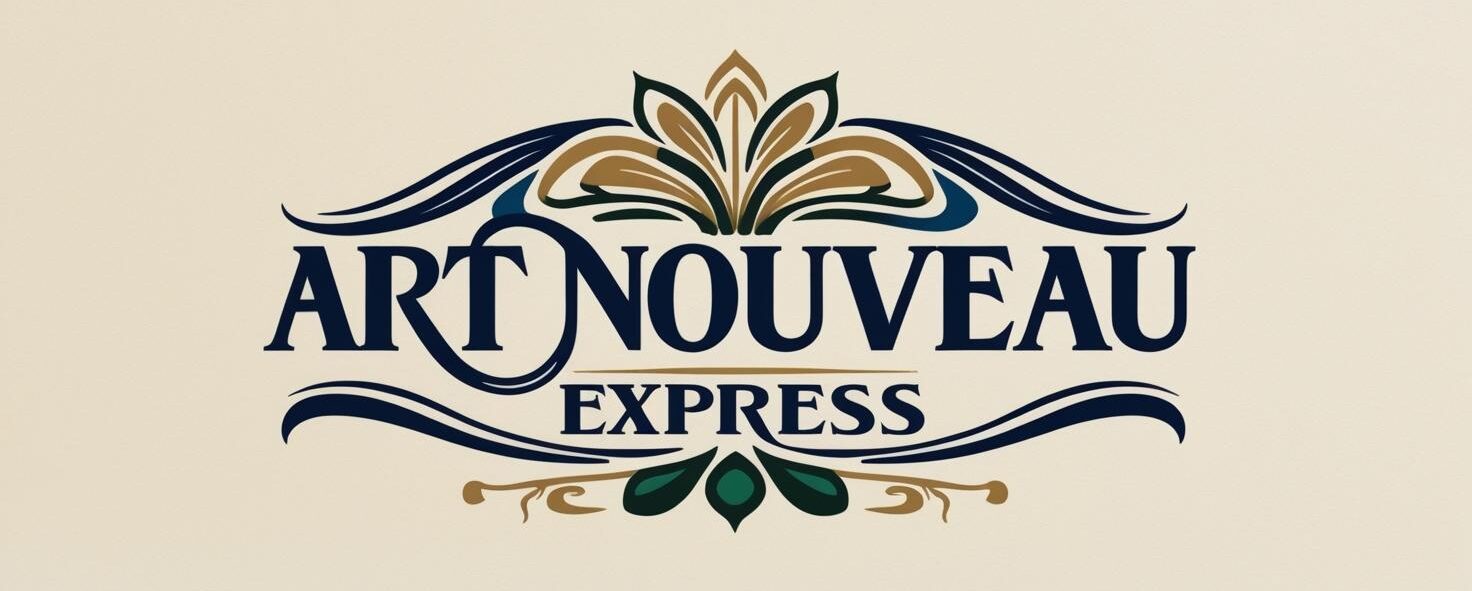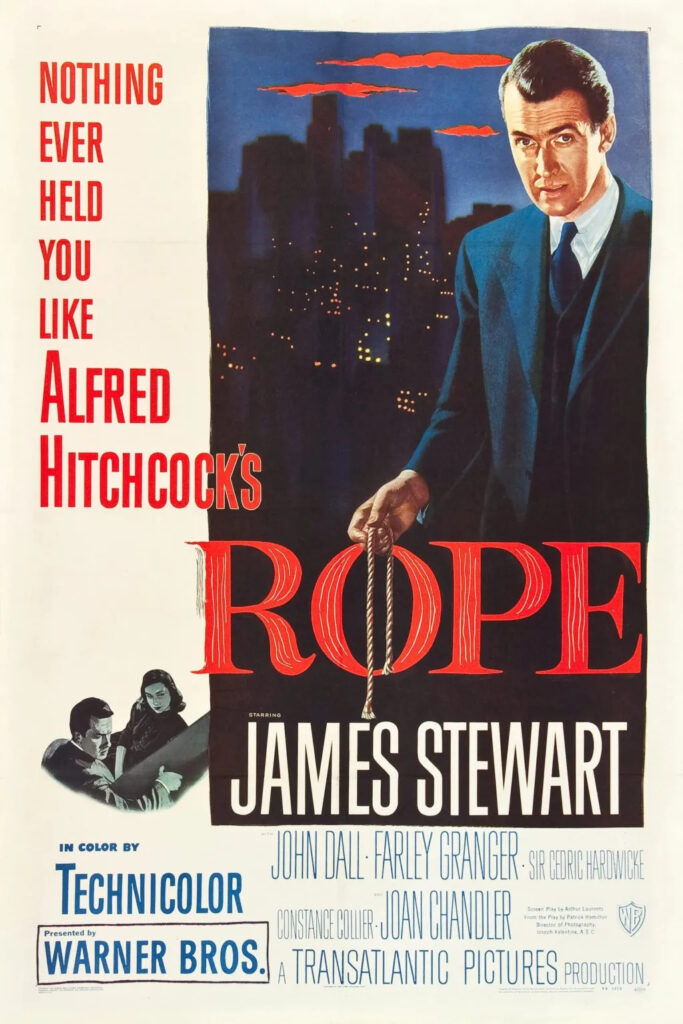What do Nietzsche, a rope, and Jimmy Stewart have in common? At first glance, they seem like three elements chaotically thrown together, but Alfred Hitchcock used this combination of factors to illustrate the movie Rope masterfully.
Directed by the great master of suspense and released in 1948, Rope is a feast of the dark and gloomy brought to the level of art. Brandon and Philip’s perfect murder of David is merely a pretext to show us the dichotomy between psychopathy and humanity, between remorseless murder and passionate but inwardly shuddering murder.
Beyond these two characters, Hitchcock throws us a mix of more and more colorful characters. Mrs. Atwater, that eccentric old lady with a passion for astrology and pop culture, the young Janet, finds herself amid an inner conflict after seeing her old love, Kenneth. Neither is Mrs. Wilson, the housekeeper, a lively character, as she flirts with Rupert in what seems like a rekindling of a romance from the two’s youth.
The rope is omnipresent and is Hitchcock’s main leitmotif. Incidentally, the great British director used the rope as a magical object, as in his other films, with one object or another (scissors in Dial M for Murder or the mirror in Rear Window).
The dichotomous relationship between Brandon and Philip is exploited to the full by Rupert, their former teacher being an exceptional detective. Finally, the mournful feast and pagan rite ceremony in which David’s disappearance is “celebrated”. Rupert is full of suspicion after he sees gaps in the behaviors of the two and finally unravels the mystery that has been hanging in the air since the beginning.
Paradoxically, both Alfred Hitchcock and Jimmy Stewart, in later decades, declared Rope a cinematic failure. Hitchcock, known for the absolute perfectionism of his creation, initially called Rope a “failed cinematic experiment”. Eventually, towards the end of his life, his views on Rope softened, but he continued to remain reserved about the 1948 movie.
For us, and especially for the undersigned, Rope is, contrary to the Master’s opinion, the zenith of his creation. Beyond the cynicism and the gloomy and tenebrous elements, Hitchcock also gave us a lesson in morality, existentialist philosophy and a very fine exposition of the psychological demarcation between psychopathy and normality. Is Rope the Hitchcock absolute? Hard to answer, especially since the Master of Suspense has a very large and very, very valuable cinematic register. In my opinion, the most valuable directorial register in the history of cinema.


